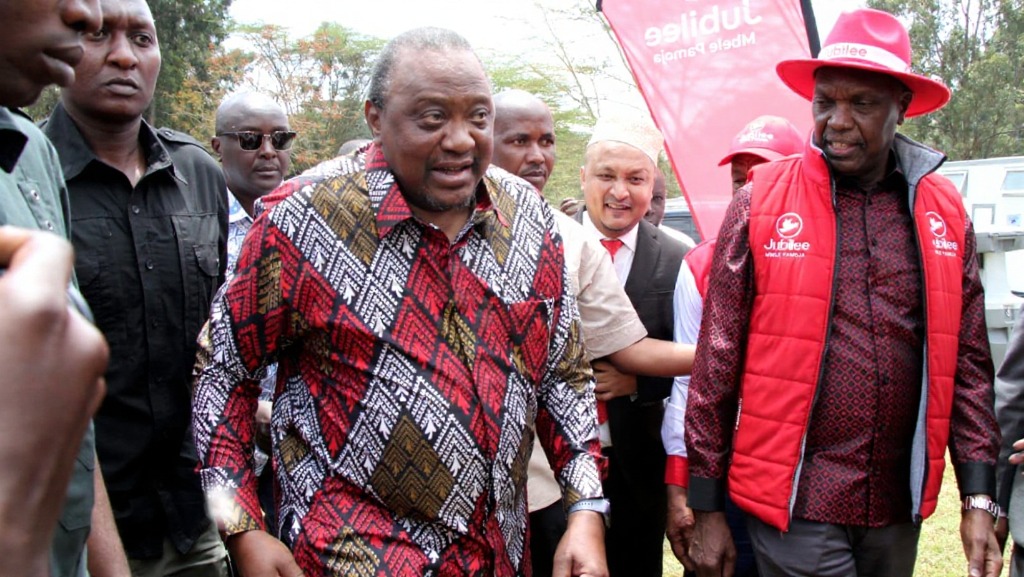Maternal and child healthcare has been at the heart of Kenya’s public health reforms over the past decade. Two government initiatives Linda Mama and Linda Jamii are often confused due to their similar names. However, they differ significantly in design, coverage, and vision.
Uhuru’s Linda Mama Programme
The Linda Mama programme was launched in October 2016 under retired President Uhuru Kenyatta. It expanded the Free Maternity Services (FMS) initiative that had been introduced in June 2013. Managed by the now-defunct NHIF, Linda Mama provided free maternal healthcare for expectant mothers.
The package included antenatal services, delivery, postnatal care, and up to three months of care for the newborn. Accredited public, private, and faith-based facilities were part of the programme, making it widely accessible. The initiative aimed to cut down maternal and infant mortality rates and was praised for easing the financial burden of childbirth on families.
Ruto’s Linda Jamii Programme
In June 2025, President William Ruto’s administration unveiled the Linda Jamii programme under the Social Health Authority Insurance framework. Unlike its predecessor, Linda Jamii not only covers the expectant mother but also extends to her husband and children.
The benefits include antenatal care, delivery, postnatal services, and essential newborn care. Importantly, it also incorporates advanced interventions such as ICU and HDU services for mothers and infants facing complications. Another major improvement is the provision of Anti-D serum treatment for Rhesus-negative mothers, preventing risks in future pregnancies.
Why Uhuru Criticised Linda Jamii
While the new programme appears broader, critics argue it dilutes the original intent of Linda Mama. Former President Uhuru Kenyatta has raised concerns that Linda Jamii may shift focus from universal maternal care to a general insurance scheme, potentially reducing its effectiveness in tackling maternal and child mortality.
The debate underscores a larger question: should maternal health programmes remain highly targeted, or be expanded into broader family health packages? As Linda Jamii rolls out, its success will depend on accessibility, funding, and whether it truly reduces maternal risks.

